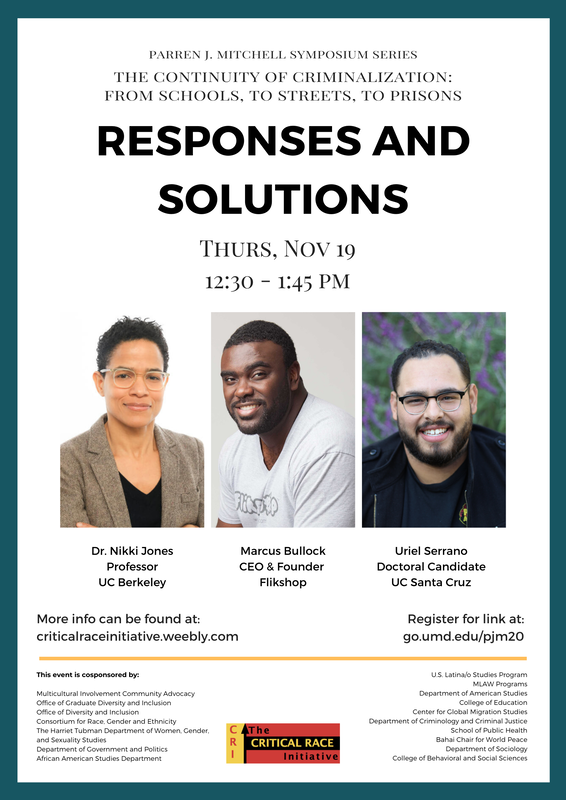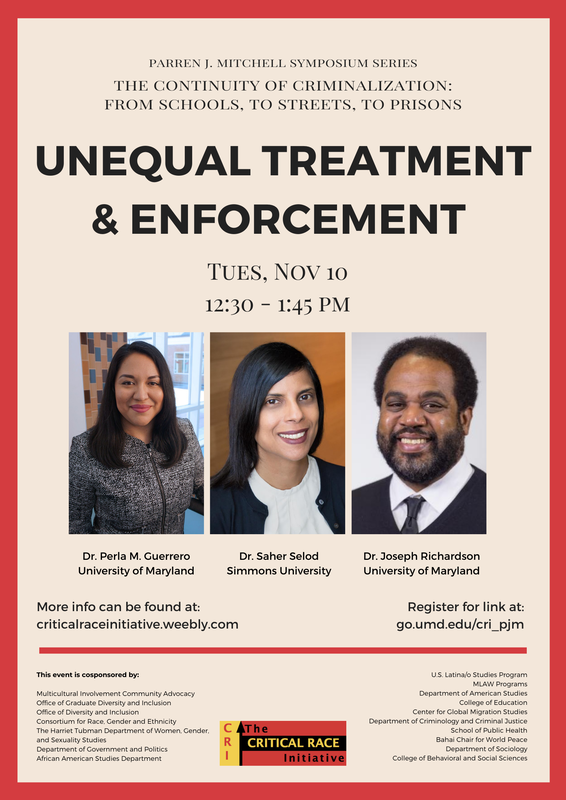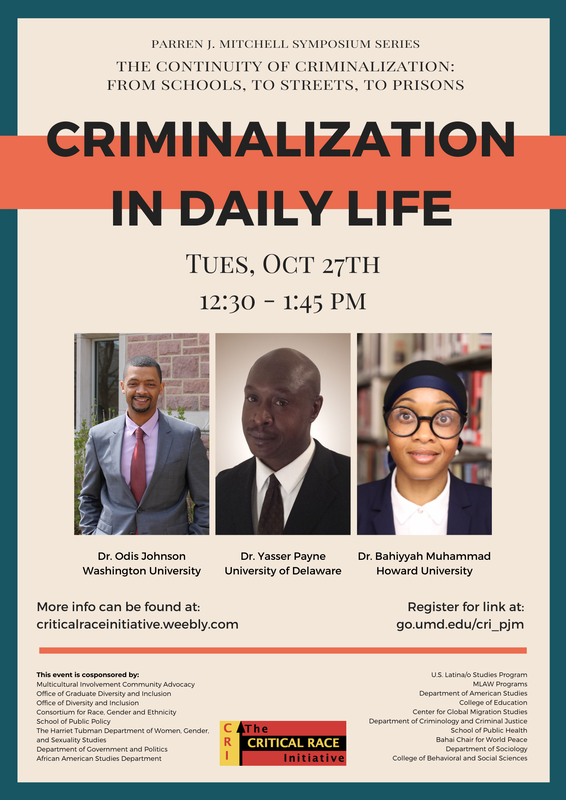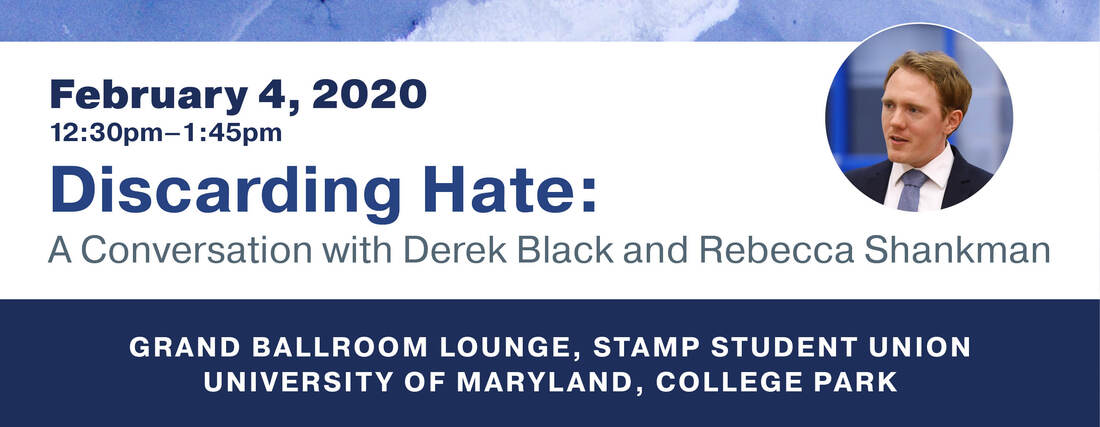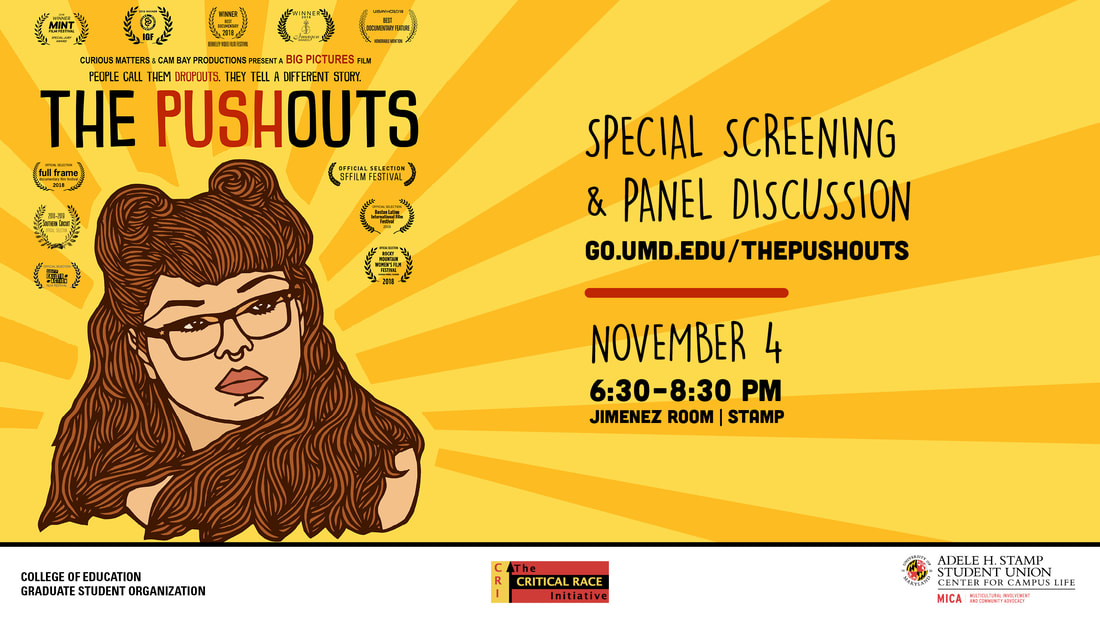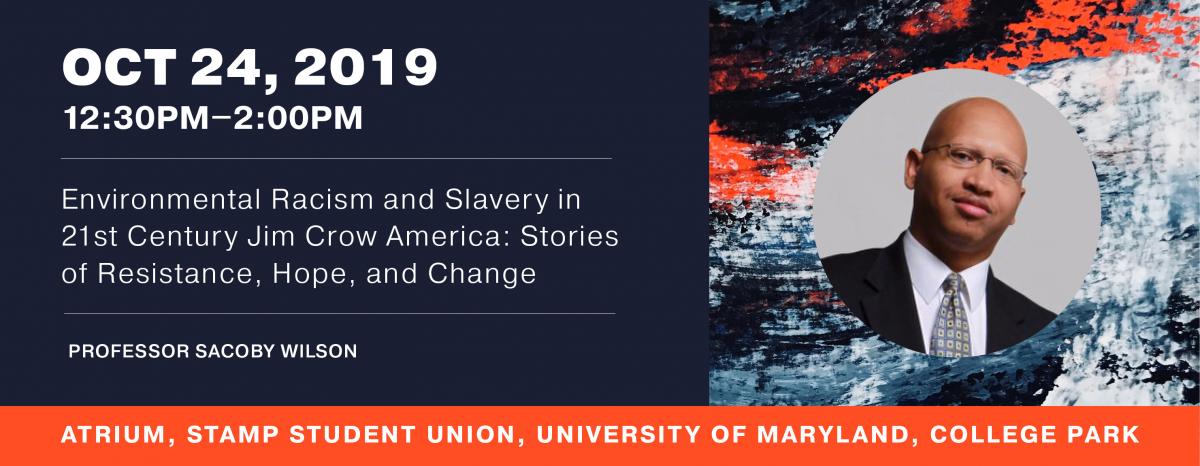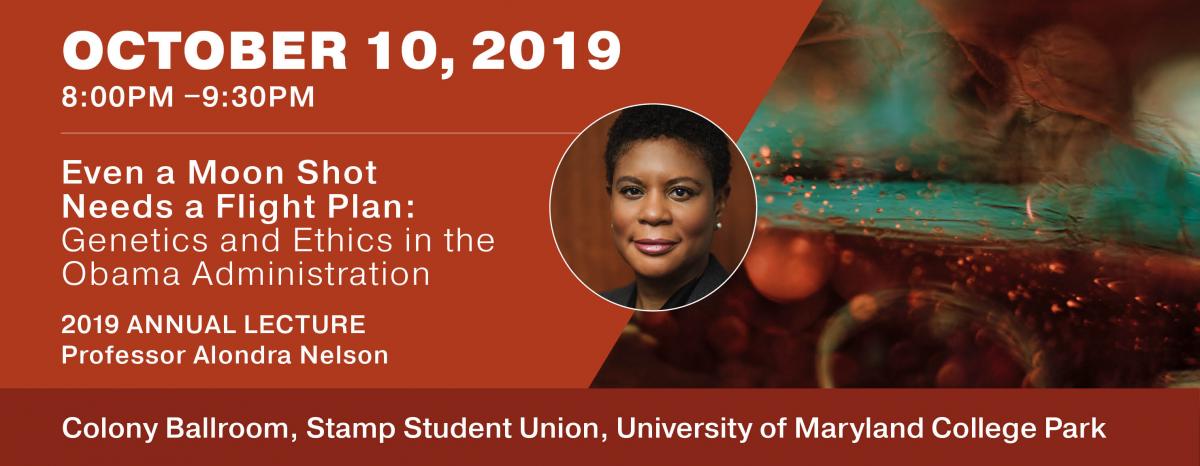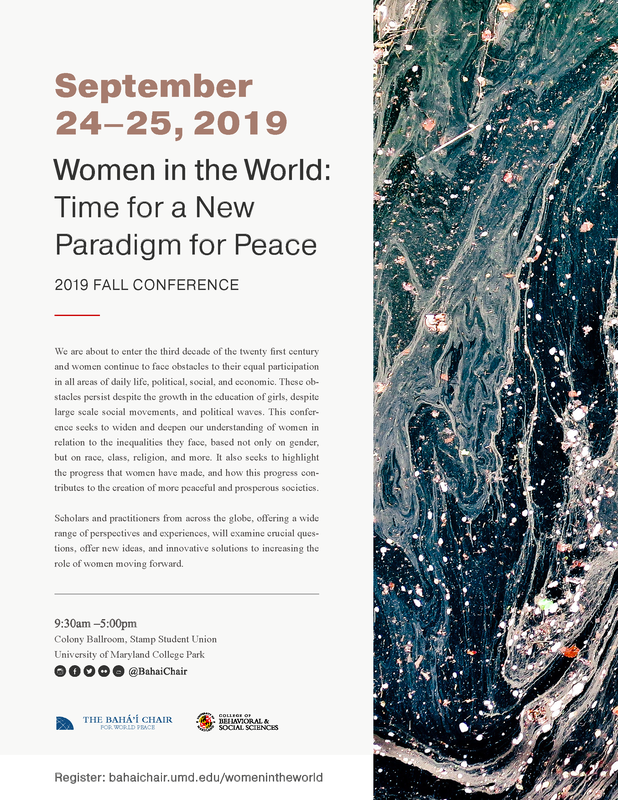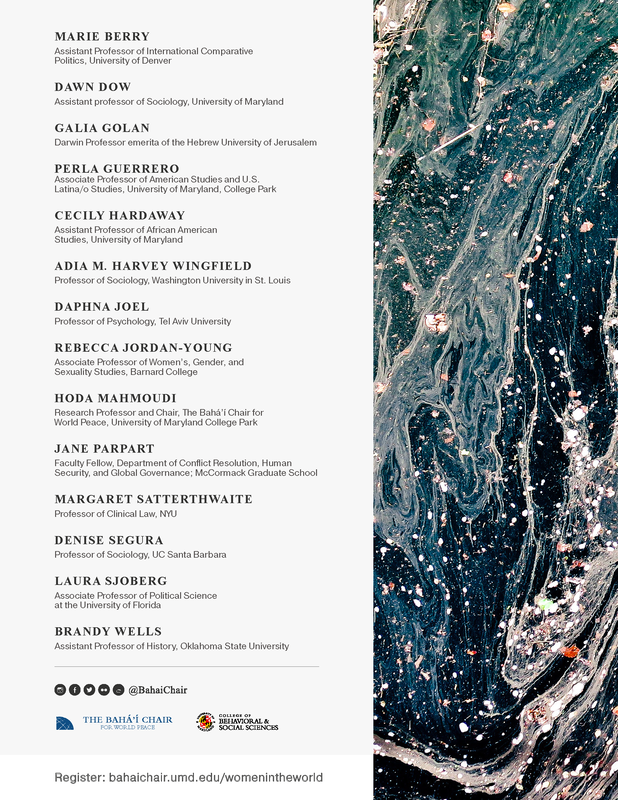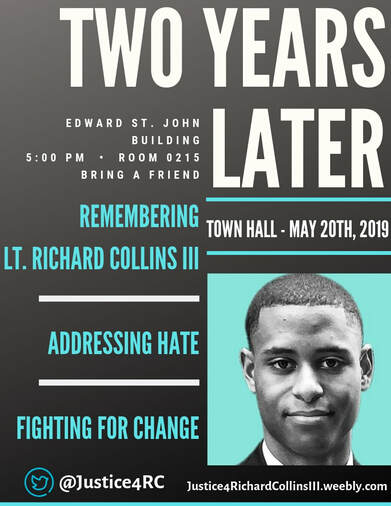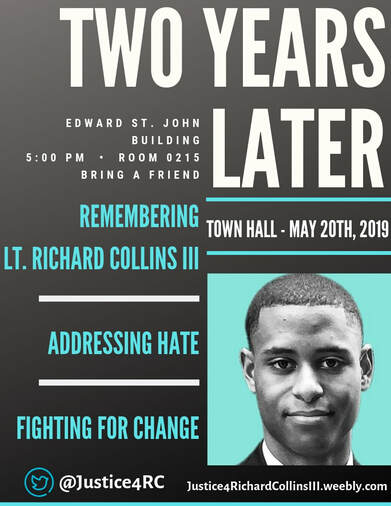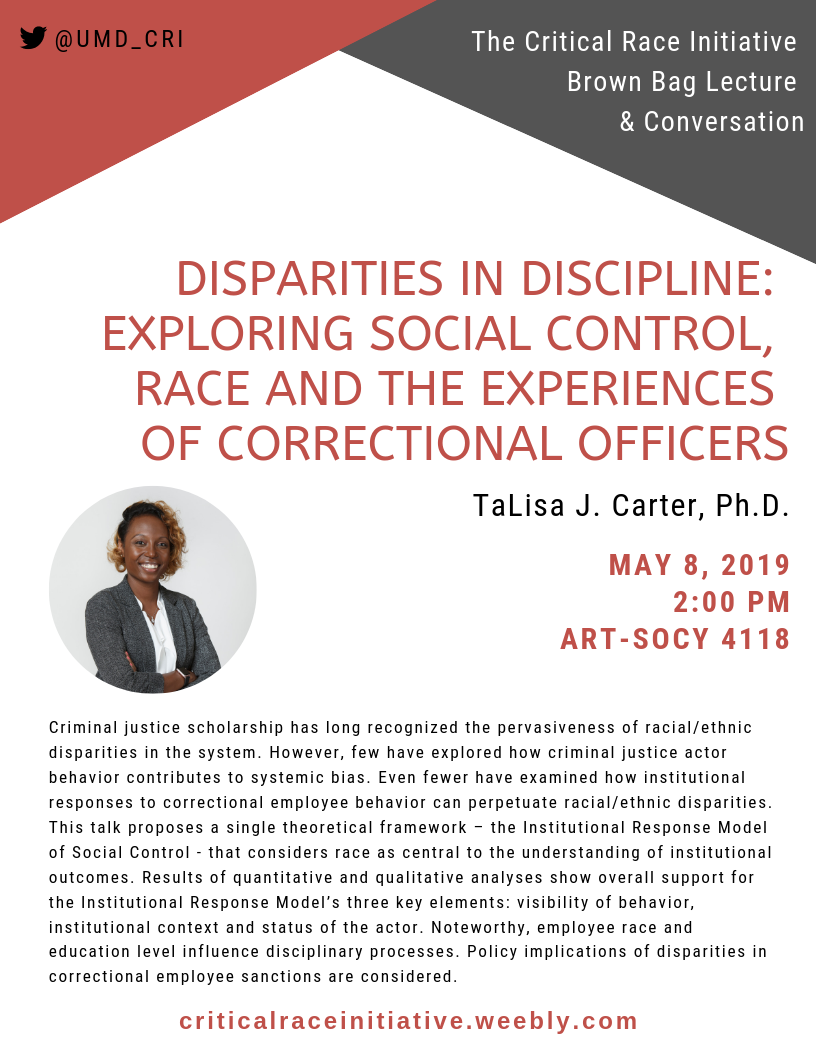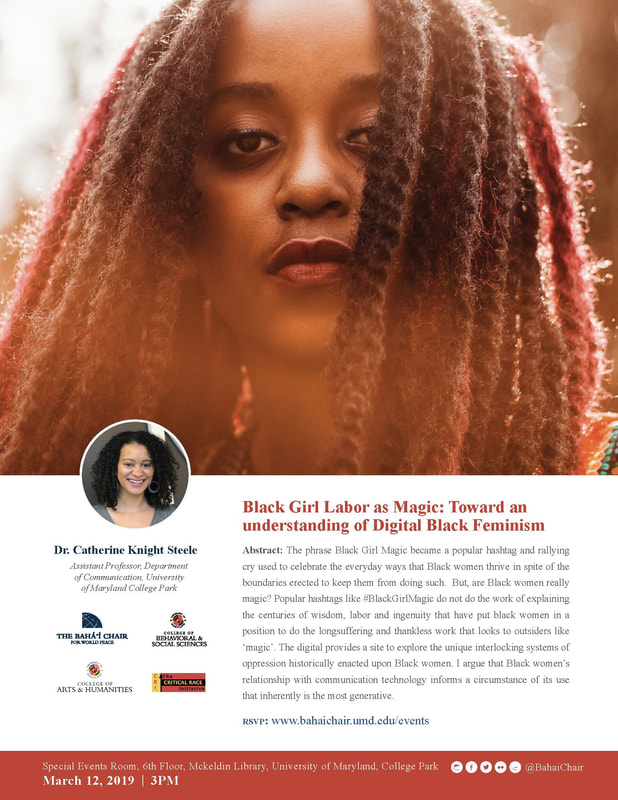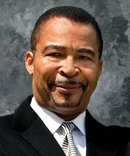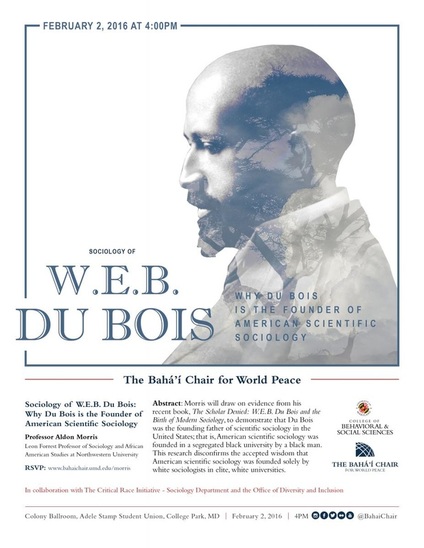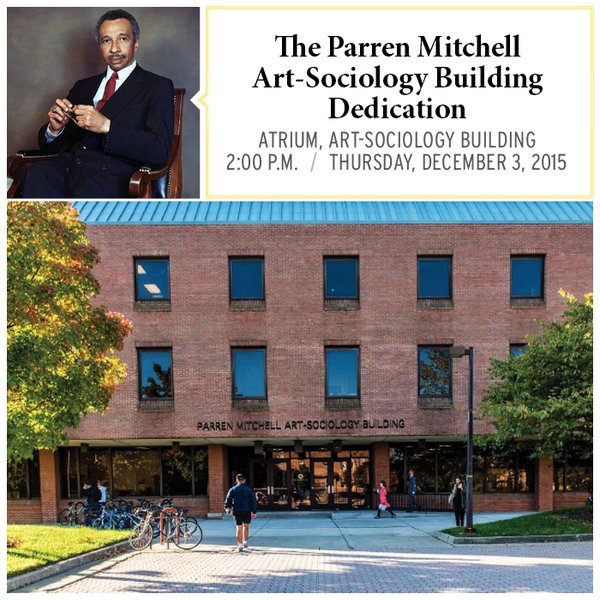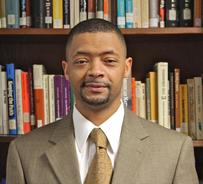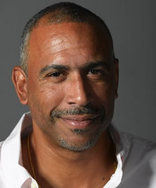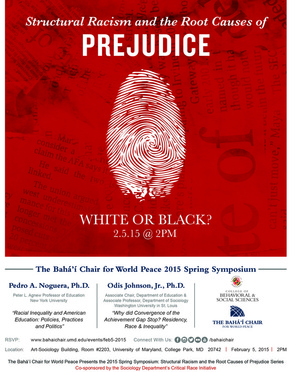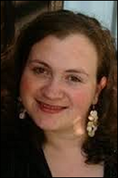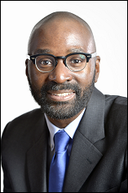Parren J. Mitchell Symposium Series
Discarding Hate
A Conversation with Derek Black and Rebecca Shankman
R. Derek Black was raised in the leading family of the white nationalist movement. His father founded the first online white power community, Stormfront. From an early age, Derek participated in media interviews, gave talks
around the country, won public office, and ran a daily radio program in support of his family’s ideology. In college, he was condemned by the campus community of a Florida liberal arts college, and over several years came to engage with antiracist ideas. He ultimately condemned his family’s ideology in 2013, and has spoken out over the past several years against the reality of white supremacist political activism. He is currently a doctoral student in history at the University of Chicago, researching the medieval and early modern origins of racist hierarchies and ideologies. He is the subject of the recent book by Eli Saslow, Rising Out of Hatred: The Awakening of a Former White Nationalist (2018).
The conversation will be moderated by Rebecca Shankman.
Rebecca Shankman is a junior at the University of Maryland, College Park double majoring in Sociology and Criminology/ Criminal Justice. After growing up in a suburb of Cleveland that showed her that even when people are equal on paper, the real world can be quite different, she decided to pursue working in the fields of criminal justice reform and race relations. She now works as a research assistant in the Sociology Group Processes lab and the Lab for Applied Social Science Research improving her understanding of academic research and research for
policy change. She hopes to one day go to law school and perhaps pursue a PhD.
around the country, won public office, and ran a daily radio program in support of his family’s ideology. In college, he was condemned by the campus community of a Florida liberal arts college, and over several years came to engage with antiracist ideas. He ultimately condemned his family’s ideology in 2013, and has spoken out over the past several years against the reality of white supremacist political activism. He is currently a doctoral student in history at the University of Chicago, researching the medieval and early modern origins of racist hierarchies and ideologies. He is the subject of the recent book by Eli Saslow, Rising Out of Hatred: The Awakening of a Former White Nationalist (2018).
The conversation will be moderated by Rebecca Shankman.
Rebecca Shankman is a junior at the University of Maryland, College Park double majoring in Sociology and Criminology/ Criminal Justice. After growing up in a suburb of Cleveland that showed her that even when people are equal on paper, the real world can be quite different, she decided to pursue working in the fields of criminal justice reform and race relations. She now works as a research assistant in the Sociology Group Processes lab and the Lab for Applied Social Science Research improving her understanding of academic research and research for
policy change. She hopes to one day go to law school and perhaps pursue a PhD.
The Pushouts
Special Screening & Panel Discussion
The Pushouts tells a story of how Victor Rios, a high school dropout, Oakland gang member, and three-time felon by age 15, turns his life around and is now dedicated to empowering young people. 20 years later Rios–now an award-winning professor, author, and expert on the school to prison pipeline–rejoins his old mentor to work with young people who have been pushed out of school for reasons beyond their control.
Following the film, a panel discussion will be held with representatives from the University of Maryland, The Latin American Youth Center, and the Young Women's Project in Washington, DC.
Following the film, a panel discussion will be held with representatives from the University of Maryland, The Latin American Youth Center, and the Young Women's Project in Washington, DC.
Environmental Racism and Slavery in 21st Century Jim Crow America:
Stories of Resistance, Hope, and Change
Dr. Sacoby Wilson is an Associate Professor and Director of the Program on Community Engagement, Environmental Justice, and Health, at the Maryland Institute for Applied Environmental Health, School of Public Health, University of Maryland-College Park. He works to build community capacity to address environmental injustice and related health inequities through community-engaged science. He has over 15 years of experience using community-based participatory research (CBPR), citizen science, and community-university partnerships to study and address environmental health and justice issues. He has worked with the West End Revitalization Association on the lack of basic amenities in Mebane, North Carolina; goods movement issues with the Low Country Alliance for Model Communities in North Charleston, South Carolina; traffic and industrial hazards with Port Towns Environmental Action in Bladensburg, MD; industrial development and fugitive dust emissions in Buzzard Point, Washington, DC; cumulative impacts of environmental hazards with the BTB Coalition in Brandywine, MD; and has worked with a number of other community-based organizations and advocacy groups on stormwater, subsistence fishing, industrial animal agriculture, and other topics in the Chesapeake Bay region.
Bahá'í Chair for World Peace Annual Lecture 2019
Even a Moon Shot Needs a Flight Plan:
Genetics and Ethics in the Obama Administration
In May 27, 2016, Barack Obama became the first sitting American president to visit the site of the world’s first atomic bombing. In a speech that day at the Hiroshima Peace Memorial Park, Obama proclaimed that the “scientific revolution that led to the splitting of an atom requires a moral revolution as well.” In this lecture, Dr. Alondra Nelson considers the “politics of ethics” that was a signature of the Obama administration’s approach to science and technology. This politics of ethics endeavored to place temporal distance between scientific research of the past and present, enabling claims about the importance of federal science to national wellbeing, broadly conceived. In particular, she will examine the roll-out of the Precision Medicine Initiative that incorporated plainspoken acknowledgement of prior discrimination in government-backed scientific research as a necessary predicate to the successful enrollment of research subjects—especially those from minority populations--into the program.
Alondra Nelson, President of the Social Science Research Council and Harold F. Linder Professor at the Institute for Advanced Study in Princeton, is an acclaimed researcher and author, who explores questions of science, technology, and social inequality. Nelson’s books include, Body and Soul: The Black Panther Party and the Fight Against Medical Discriminationand The Social Life of DNA: Race, Reparations, and Reconciliation after the Genome. She is coeditor of Genetics and the Unsettled Past: The Collision of DNA, Race and History (with Keith Wailoo and Catherine Lee) and Technicolor: Race, Technology and Everyday Life (with Thuy Linh Tu). Nelson serves on the board of directors of the Teagle Foundation and the Data & Society Research Institute. She is an elected Fellow of the American Academy of Political and Social Science and of the Hastings Center, and is an elected Member of the Sociological Research Association.
Alondra Nelson, President of the Social Science Research Council and Harold F. Linder Professor at the Institute for Advanced Study in Princeton, is an acclaimed researcher and author, who explores questions of science, technology, and social inequality. Nelson’s books include, Body and Soul: The Black Panther Party and the Fight Against Medical Discriminationand The Social Life of DNA: Race, Reparations, and Reconciliation after the Genome. She is coeditor of Genetics and the Unsettled Past: The Collision of DNA, Race and History (with Keith Wailoo and Catherine Lee) and Technicolor: Race, Technology and Everyday Life (with Thuy Linh Tu). Nelson serves on the board of directors of the Teagle Foundation and the Data & Society Research Institute. She is an elected Fellow of the American Academy of Political and Social Science and of the Hastings Center, and is an elected Member of the Sociological Research Association.
|
Confirmed Speakers
Marie Berry Assistant Professor of International Comparative Politics, University of Denver Dawn M. Dow Assistant professor of Sociology, University of Maryland Galia Golan Darwin Professor emerita of the Hebrew University of Jerusalem Perla Guerrero Associate Professor of American Studies and U.S. Latina/o Studies, University of Maryland, College Park Cecily Hardaway African American Studies, University of Maryland Adia M. Harvey Wingfield Professor of Sociology, Washington University in St. Louis Daphna Joel Professor of Psychology, Tel Aviv University Rebecca Jordan- Young Associate Professor of Women’s, Gender, and Sexuality Studies, Barnard College Jane Parpart Faculty Fellow, Department of Conflict Resolution, Human Security, and Global Governance; McCormack Graduate School, Visiting Professor, Conflict Resolution, Human Security and Global Governance, University of Massachusetts Boston; Emeritus Professor, Dalhousie University; Adjunct Professor, University of Ottawa and Carleton University Margaret Satterthwaite Professor of Clinical Law, NYU Denise Segura Professor of Sociology, UC Santa Barbara Laura Sjoberg Associate Professor of Political Science, University of Florida Brandy Wells Assistant Professor of History, Oklahoma State University |
Women in the World:
Time for a New Paradigm for Peace September 24-25, 2019 Colony Ballroom, Stamp Student Union We are about to enter the third decade of the twenty first century and women continue to face obstacles to their equal participation in all areas of daily life, political, social, and economic. These obstacles persist despite the growth in the education of girls, despite large scale social movements, and political waves. This conference seeks to widen and deepen our understanding of women in relation to the inequalities they face, based not only on gender, but on race, class, religion, and more. It also seeks to highlight the progress that women have made, and how this progress contributes to the creation of more peaceful and prosperous societies. Scholars and practitioners from across the globe, offering a wide range of perspectives and experiences, will examine crucial questions, offer new ideas, and innovative solutions to increasing the role of women moving forward. For more information and to RSVP, follow the link below
|
TaLisa J. Carter, Ph.D. is a native of Long Island, New York, and dedicated to understanding the interactions of deviance, social organizations, and race. Currently, she is a Postdoctoral Fellow in the Department of Justice, Law & Criminology at American University in Washington, D.C. She holds a B.A. in Criminology from the University of Pennsylvania, and a M.A. and Ph.D. both in Criminology from the University of Delaware. Dr. Carter specializes in the evaluation of formal and informal institutional policies and procedures. She also serves as a consultant to statewide departments of corrections as well as youth development organizations. Her work has been funded by the National Science Foundation and presented to practitioners and academics at numerous conferences including the American Society of Criminology, the Academy of Criminal Justice Sciences, and the American Sociological Association.
A quote that pushes her forward is: “My only competition is my potential.”
A quote that pushes her forward is: “My only competition is my potential.”
Dr. Catherine Knight Steele
|
Black Girl Labor as Magic:
Toward an understanding of Digital Black Feminism March 12, 2019 3pm - 5pm Special Events Room, Sixth Floor, McKeldin Library University of Maryland, College Park For more information and to RSVP, follow the link below
|
Pursuing Racial Equity in Prince George's County, MD
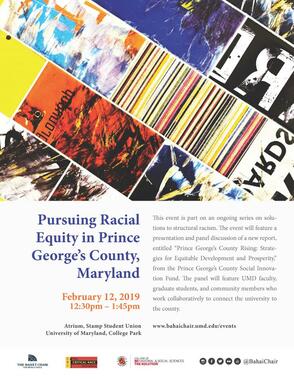
12:30-1:45pm
Tuesday, February 12, 2019
Atrium, Stamp Student Union, University of Maryland College Park
This event is part on an ongoing series on solutions to structural racism. The event will feature a presentation and panel discussion of a new report, entitled "Prince George's County Rising: Strategies for Equitable Development and Prosperity," from the Prince George's County Social Innovation Fund. The panel will feature UMD faculty, graduate students, and community members who work collaboratively to connect the university to the county.
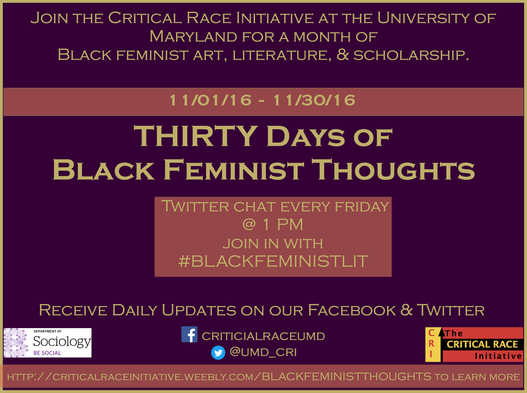
30 Days of Black Feminist Thoughts:
Join the Critical Race Initiative at the University of Maryland for a month of Black feminist art, literature, and scholarship.
11/01/16 - 11/30/16
Each day for the month of November we will celebrate the work of Black women intellectuals, artists, and activists across a wide range of disciplines.
Each Friday at 1 pm EST join us for a weekly discussion on Twitter with #Blackfeministlit
Click the Black Feminist Thoughts tab for more.
Join the Critical Race Initiative at the University of Maryland for a month of Black feminist art, literature, and scholarship.
11/01/16 - 11/30/16
Each day for the month of November we will celebrate the work of Black women intellectuals, artists, and activists across a wide range of disciplines.
Each Friday at 1 pm EST join us for a weekly discussion on Twitter with #Blackfeministlit
Click the Black Feminist Thoughts tab for more.
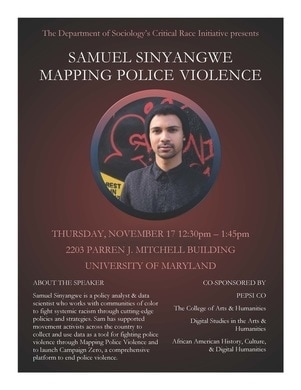
Samuel Sinyangwe: Mapping Police Violence
Join the Critical Race Initiative at the University of Maryland
to discuss Campaign Zero, Mapping Police Violence, and activism.
Thursday, November 17th from 12:30pm - 1:45 pm
2203 Parren J. Mitchell Building
November 18th: Scholar-Activism Workshop Featuring Undergraduate Student Leaders
The Critical Race Initiative presents:
"Conducting Intersectional Research: Strategies, Opportunities, and Challenges"
by Dr. Dawn Dow
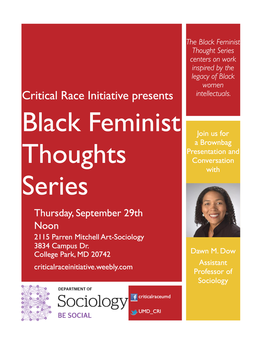
Thursday, September 29th, 2016
12 pm
2115 Parren Mitchell Art-Sociology Building
The Baha'i Chair for World Peace Presents
The Sociology of W.E.B. Du Bois: Why Du Bois is the Founder of American Scientific Sociology
Dr. Aldon Morris, Forrest Professor of Sociology and African American Studies, Northwestern University
Tuesday, February 2, 2016 at 4pm
Colony Ballroom, Adele Stamp Student Union
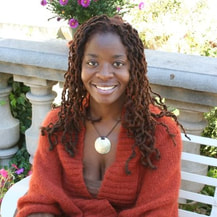
CRI Brownbag Lecture
Dr. Jovonne J. Bickerstaff
Wednesday, October 21, 2015 12pm
1101 Art-Sociology Building
"Race-ing the Center: Using Black Couples’ Emotion Work to Trouble Ideological Hegemony on Black Relationships & Gender Essentialism of the Standard North American Family”
Dr. Jovonne J. Bickerstaff
Wednesday, October 21, 2015 12pm
1101 Art-Sociology Building
"Race-ing the Center: Using Black Couples’ Emotion Work to Trouble Ideological Hegemony on Black Relationships & Gender Essentialism of the Standard North American Family”
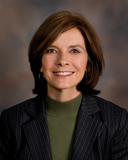
Reimagining Memphis: Chaos and Community in the Post-Civil Rights Era
Dr. Wanda Rushing
Professor of Sociology
University of Memphis
February, 23, 2015
2pm, Art-Sociology Building 1101
Memphis, associated with icons of popular culture from Robert Johnson and Elvis Presley to B.B. King and Justin Timberlake, is a city of controversy and contradiction. Noted for its cumulative disadvantages and dramatic transformations, it is a place where entrepreneurs and innovators have transformed popular culture and global commerce. Yet high rates of poverty and low rates of educational attainment continue to challenge community-building. Rushing discusses her research which draws on urban, cultural, and historical sociology to examine Memphis in the post-Civil Rights era.
Dr. Wanda Rushing
Professor of Sociology
University of Memphis
February, 23, 2015
2pm, Art-Sociology Building 1101
Memphis, associated with icons of popular culture from Robert Johnson and Elvis Presley to B.B. King and Justin Timberlake, is a city of controversy and contradiction. Noted for its cumulative disadvantages and dramatic transformations, it is a place where entrepreneurs and innovators have transformed popular culture and global commerce. Yet high rates of poverty and low rates of educational attainment continue to challenge community-building. Rushing discusses her research which draws on urban, cultural, and historical sociology to examine Memphis in the post-Civil Rights era.
|
2015 UMD Bahai Chair Spring Symposium
Structural Racism and the Root Cause of Prejudice Series Thursday, February 5, 2015 2pm in 2203 Art-Sociology Building Dr. Odis Johnson, Jr., University of Maryland, African American Studies Dr. Pedro Noguera, New York University, Dept. of Teaching & Learning Want more information? Visit: http://www.bahaipeacechair.umd.edu/events/feb5-2015 |
|
2015 UMD Bahai Chair Spring Symposium
Structural Racism and the Root Cause of Prejudice Series Thursday, February 5, 2015 2pm in 2203 Art-Sociology Building, UMD Dr. Odis Johnson, Jr., Associate Chair, Department of Education & Associate Professor, Department of Sociology, Washington University in St. Louis Dr. Pedro Noguera, New York University, Dept. of Teaching & Learning For speaker bios and abstracts, visit the Bahai Chair's website |
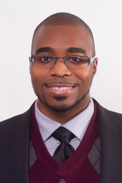
The 2014 Bahá'í Chair for World Peace 2nd Fall Symposium
Being Color Brave rather than Colorblind: Forming a Racially-inclusive Sociological Imagination Wednesday, November 12, 2014 2pm McKeldin Library, Special Events Room #6137 Speakers: Dr. Rashawn Ray, Department of Sociology, University of Maryland Dr. Beth Cohen, Office of Diversity and Inclusion, University of Maryland Missed the lecture? You can watch it here |
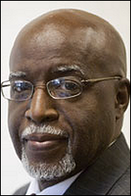
The 2014 Bahá'í Chair for World Peace 1st Fall Symposium
Structural Racism and the Root Causes of Prejudice Series Wednesday, October 29, 2014 2pm Colony Ballroom, Adele H. Stamp Student Union Speakers: Dr. Phillip J. Bowman, School of Education, University of Michigan Dr. John L. Jackson, School of Public Policy, University of Pennsylvania For more information, click here |
"Colorism in College Basketball: Schemas about Intelligence, Physicality, and Work Ethic in 21st Century America"
Wednesday, October 8, 2014
ASY1101 at 10am
Recent theory argues that, rather than being post-racial, America operates under the influence of a system of white supremacy and systemic racism characterized by a “white racial frame” (Feagin 2013). Using the NCAA Division I men’s basketball tournament from 2000-2010, this study provides a quantitative application of two key elements of the white racial frame, focusing on the relevance of the white racial frame to colorism in perception and action. Specifically, we analyze: 1) the impact of players’ skin tone on their treatment in announcer commentary reflecting racial beliefs, stereotypes, and ideologies; and 2) the impact of players’ skin tone on racialized action (discrimination) directed toward them by referees in the form of personal and technical fouls. Although we find no evidence of racialized action in the assignment of personal and technical fouls, we do find that—consistent with prevailing stereotypes about race— announcers are more likely to discuss the intellectual ability and work ethic of players with lighter skin tones and the physical characteristics of players with darker skin tones. We conclude by discussing the broader implications of these findings for race and sport scholars as well as social psychologists interested in colorism, frame analysis, schemas, and emotions.
ASY1101 at 10am
Recent theory argues that, rather than being post-racial, America operates under the influence of a system of white supremacy and systemic racism characterized by a “white racial frame” (Feagin 2013). Using the NCAA Division I men’s basketball tournament from 2000-2010, this study provides a quantitative application of two key elements of the white racial frame, focusing on the relevance of the white racial frame to colorism in perception and action. Specifically, we analyze: 1) the impact of players’ skin tone on their treatment in announcer commentary reflecting racial beliefs, stereotypes, and ideologies; and 2) the impact of players’ skin tone on racialized action (discrimination) directed toward them by referees in the form of personal and technical fouls. Although we find no evidence of racialized action in the assignment of personal and technical fouls, we do find that—consistent with prevailing stereotypes about race— announcers are more likely to discuss the intellectual ability and work ethic of players with lighter skin tones and the physical characteristics of players with darker skin tones. We conclude by discussing the broader implications of these findings for race and sport scholars as well as social psychologists interested in colorism, frame analysis, schemas, and emotions.
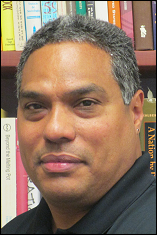
The 2014 Bahá'í Chair for World Peace Annual Lecture
The Problem of Racism in "Post-Racial" America
Eduardo Bonilla-Silva
Chair & Professor of Sociology
Duke University
Missed the lecture? You can watch it here!
The Problem of Racism in "Post-Racial" America
Eduardo Bonilla-Silva
Chair & Professor of Sociology
Duke University
Missed the lecture? You can watch it here!

